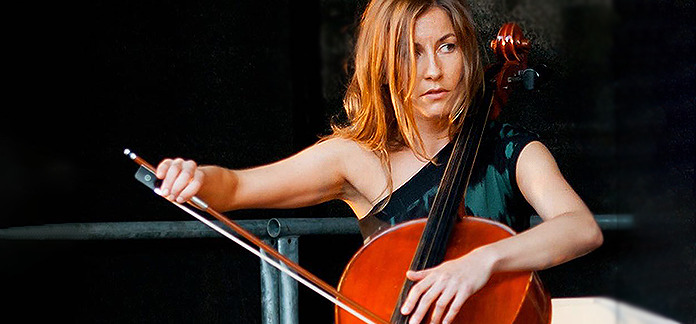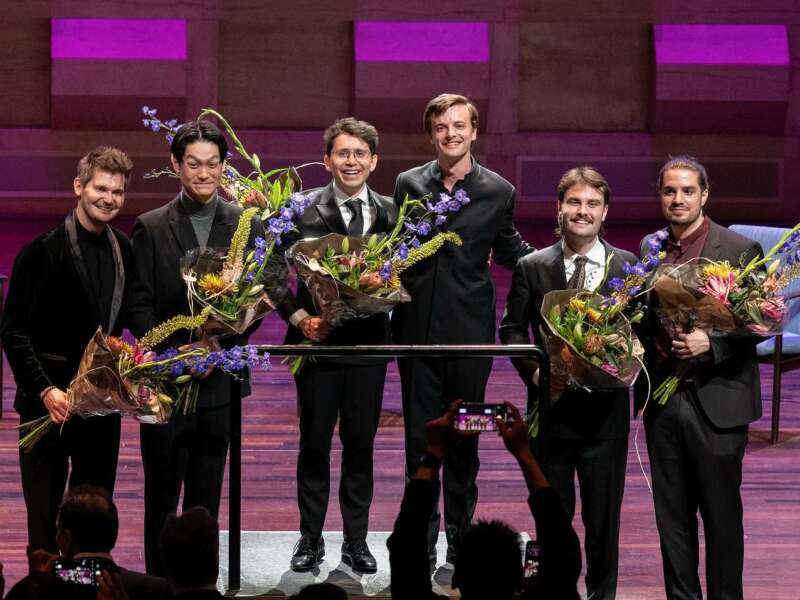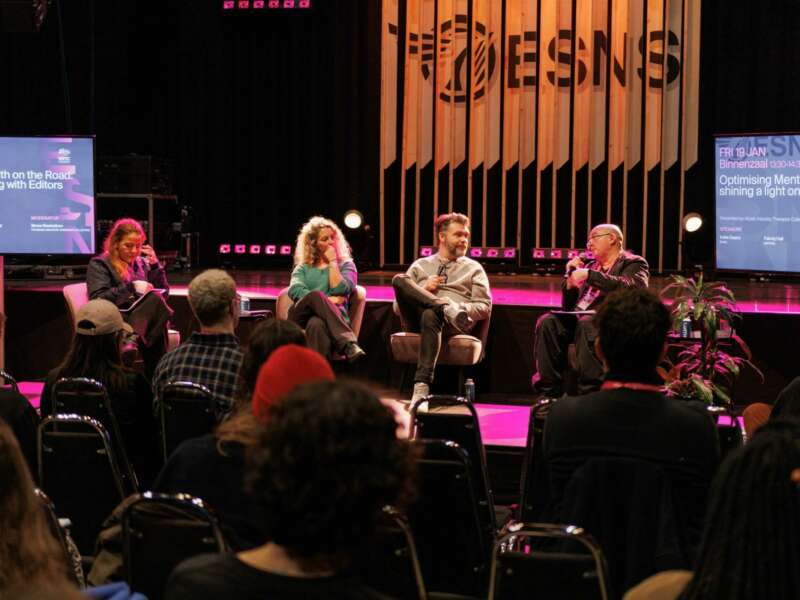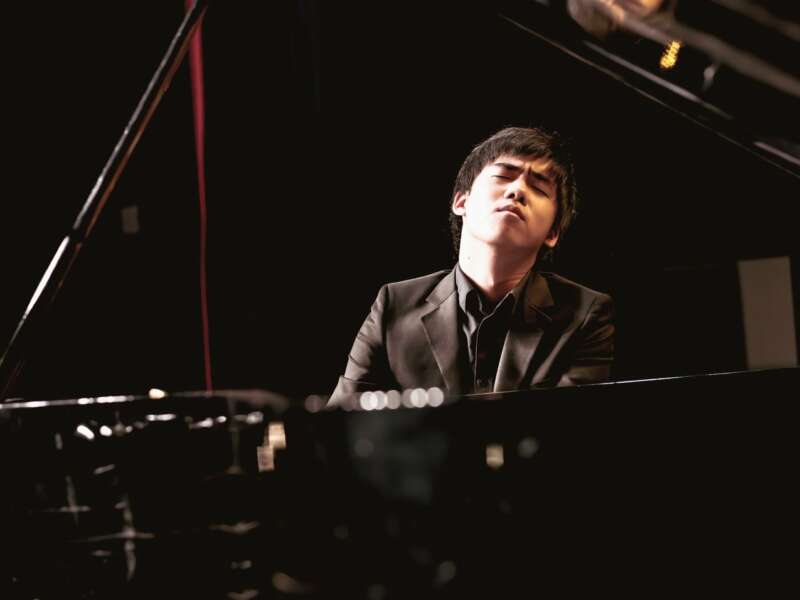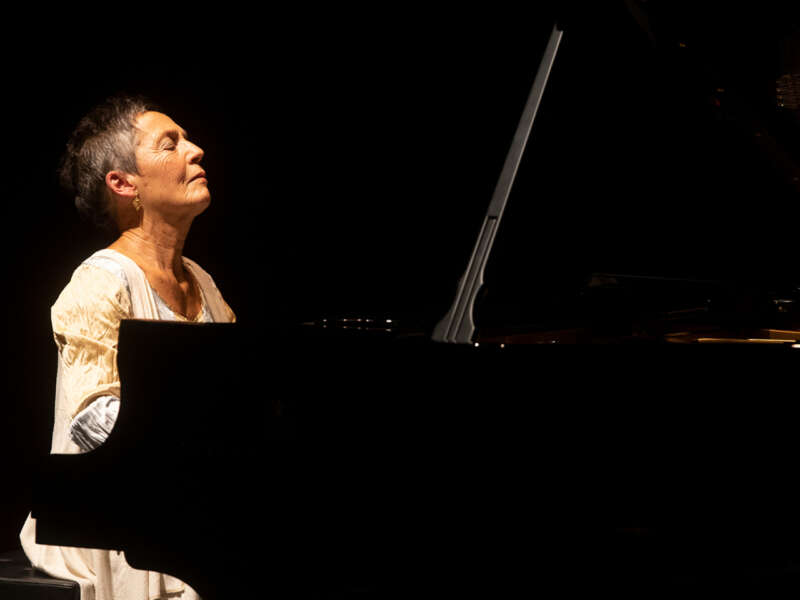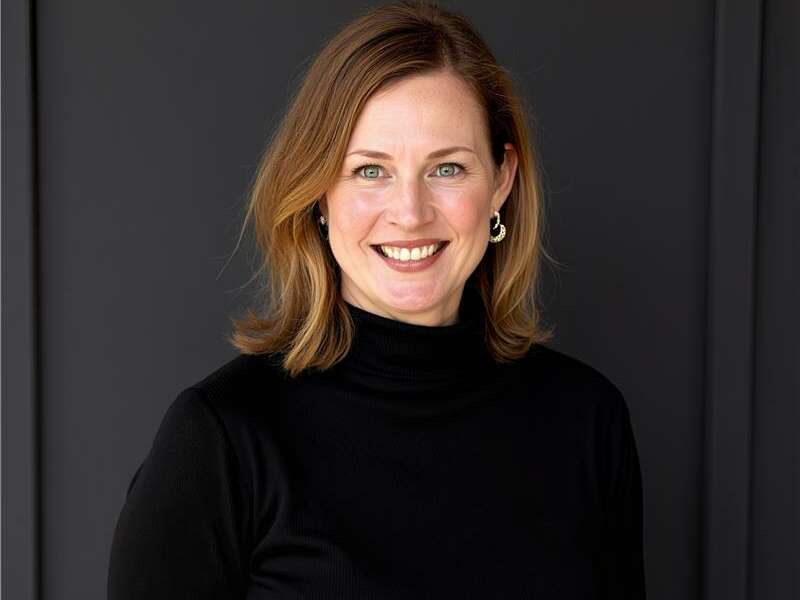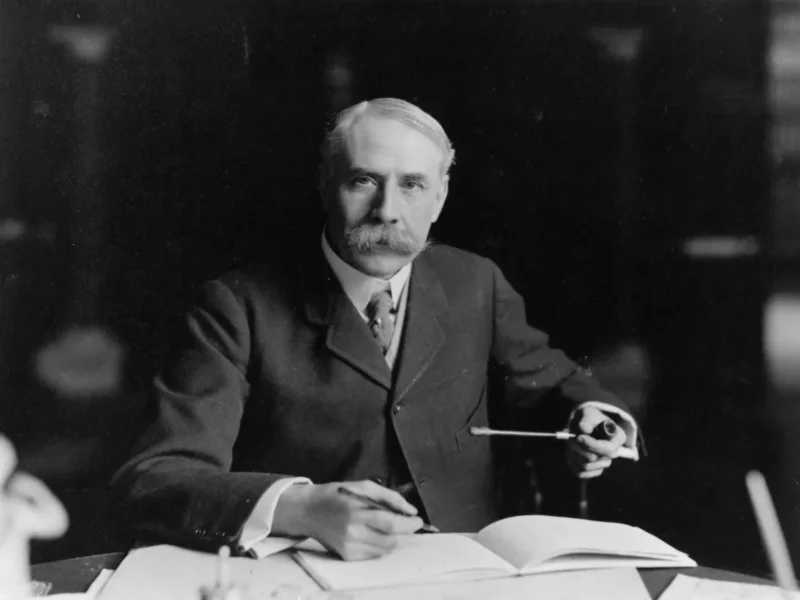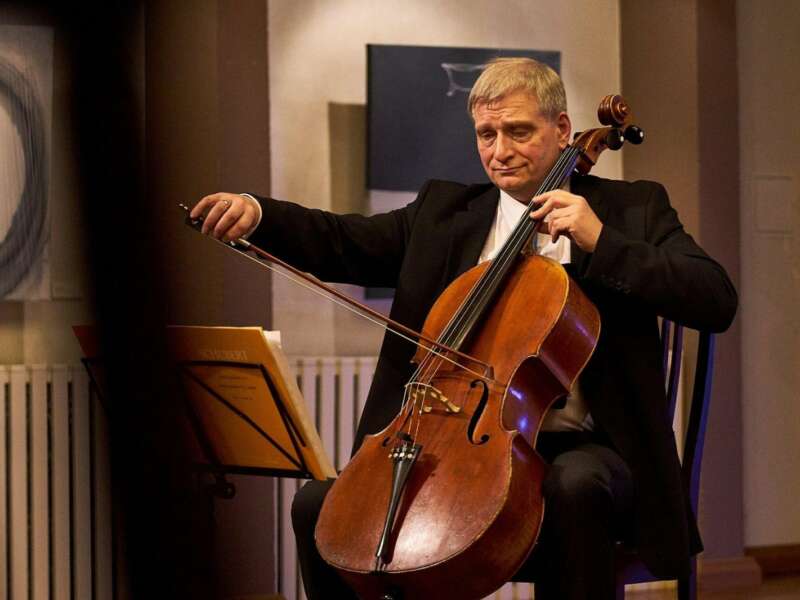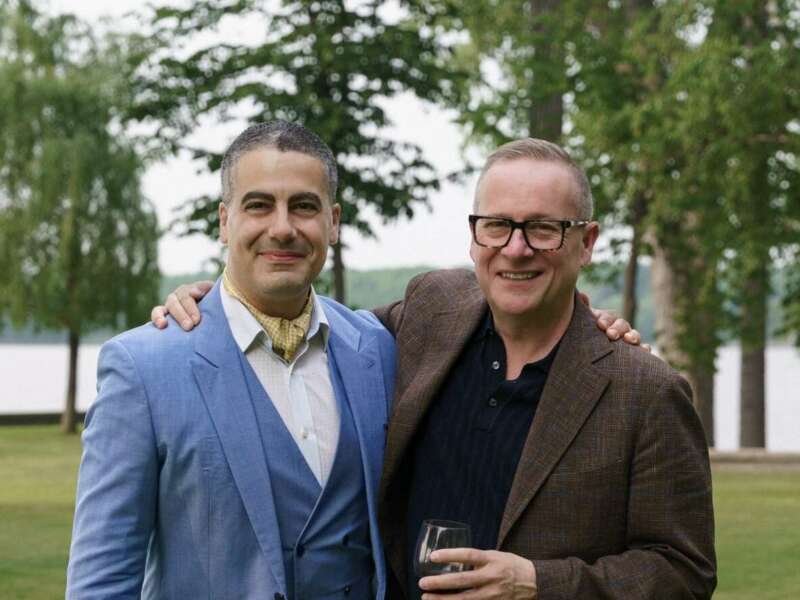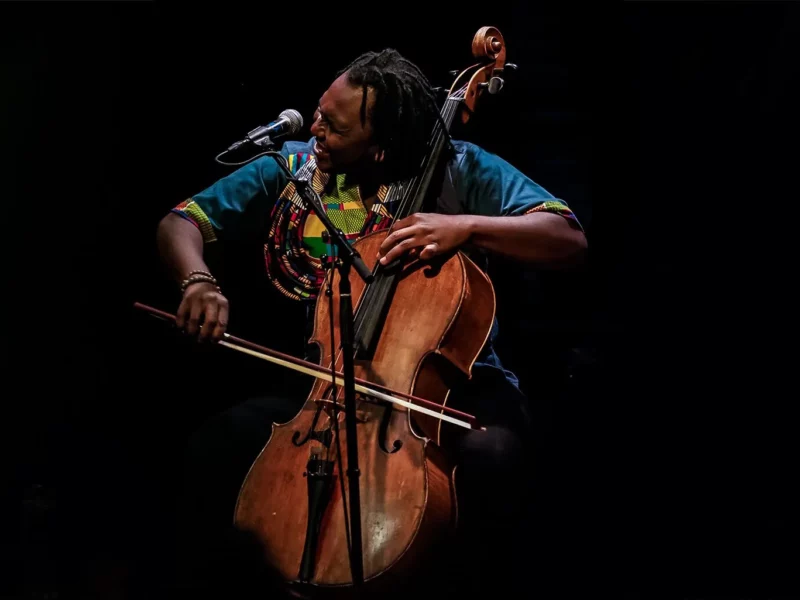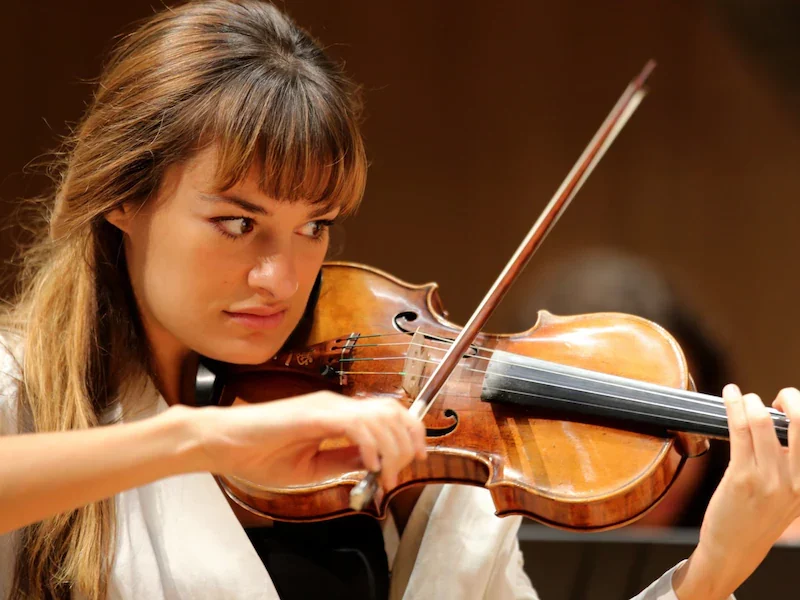MANIC MONDAY | Cellist Performs Bach and Saint-Saëns Simultaneously
Austrian cellist, singer, composer, and songwriter Irmi Wolvin combines Bach's Prelude No. 1 with Saint-Saëns' "The Swan"
"The fact that these pieces have been played and requested so much, was probably the main reason why I created this fusion of the two," Wolvin told The Violin Channel. "They are both in G major, so I was fooling around a little and then thought, why not do it, it would be so funny."
She said that everyone wondered how she would sing and play the two pieces at once, but according to her, "it just takes some multitasking." Wolvin explained that it took her a few hours to arrange the combo, and in that process, she realized she wanted it to sound like she was "playing the Bach all the way through."
Due to the changes she had to make, she wasn’t playing the actual suite: "There are different harmonies and the funny part is, that most musicians I played it to didn’t realize that I obviously had to change the Bach from 4/4 into 3/4 time, to fit 'The Swan.'"
In preparing for the video, she said "there was no way to do this without practice." She found the intonation especially hard: "Altogether it took me a week or two for sure!"
A jazz and classical cellist, Wolvin was a graduate of Musikgymnasium Vienna, but later in life, she studied jazz with violinist Simon Frick and composition with composer, conductor, pianist, and violinist Emanuel Schulz.
"I truly think that jazz, and I mean, the open-minded jazz scene of today, is one of the highest ways to express oneself," she said. "Composing right at the moment and going with the energy of the moment, connecting on such a magical frequency with fellow musicians."
"My greatest musical influences and role models are Mozart, Bach, Ambrose Akinmusire, Matt Brewer, Brad Mehldau (my cello is called Brad after him), and Adam Baldych.
"I think we shouldn’t differ so much between genres. Music should be free, an expression of our soul," she said. "What I love about baroque music is the free expression, the purity, and the harmonic knowledge that the performer would have to have to improvise and make something unique.
"That is very similar to jazz, and all the great jazz musicians have deep harmonic knowledge and usually love and are inspired by classical music. I think the cello is a fantastic instrument for jazz, as it has the option to play in a soloist way but also to groove and play basslines."
june 2025
july 2025


